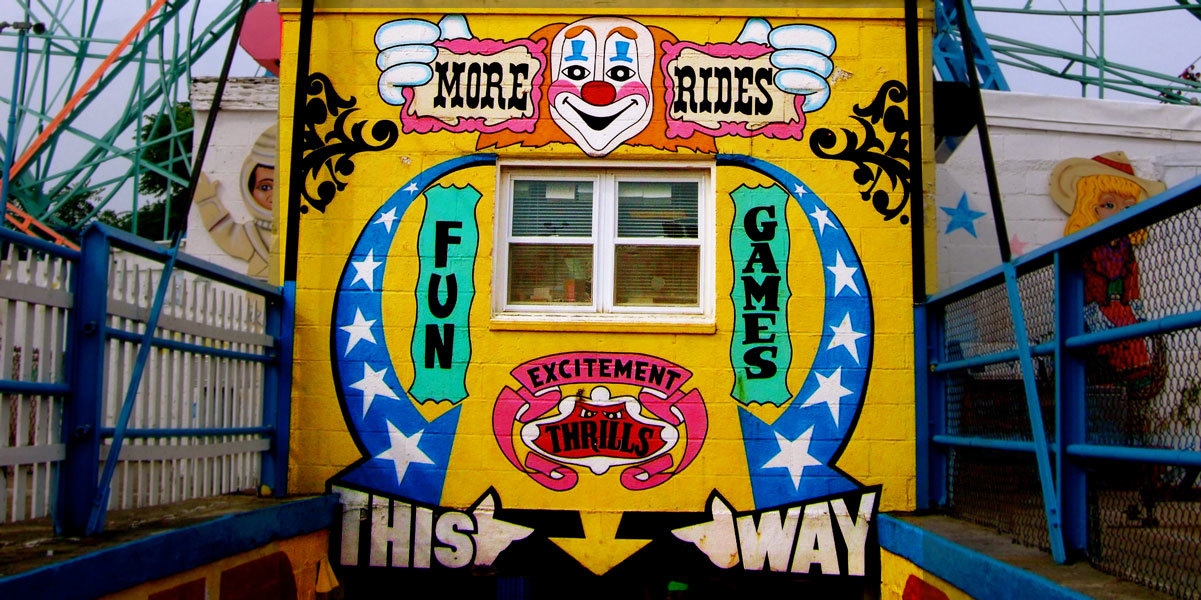Last Thursday, I attended the seventh of U2's eight concerts at Madison Square Garden, which concluded their U.S. tour. It was my 18th U2 concert since 1997. Here are my notes, assembled in chronological order, which is the most boring possible method of review writing. Let's go!
1. Bono took the stage by himself, at the opposite end of the arena from the band. Most of the folks surrounding the B-stage on the floor where we were (though it’s called the E-stage now, being that this is the annoying capitalized iNNOCENCE + eXPERIENCE Tour) were staring at one of house-right floor entrances to the arena, smart phones at the ready, from the moment Patti Smith’s “People Have the Power” started playing on the P.A. I don’t like that he enters on his own. It contradicts the “just the four of us” narrative that they’ve always fostered, and it’s worth fostering. What other band has stayed intact with its original lineup for just a year or two shy of four decades?
2. My fellow superfans were really nice. We were in the G.A. line ahead of a guy named Bob Springsteen, of the Arkansas Springsteens — he showed me his I.D., unbidden. He was at the show with a pal on this evening but returning with his wife and young daughters, he said, the following night. So Bob Springsteen was in the house the night Bruce Springsteen joined U2 on stage. (I was not.) I’d been reading rumors of a Bruuuuuce appearance on fan sites for a week, and I figured, accurately, that if he showed up he would join in on “I Still Haven’t Found What I’m Looking For,” which he played with U2 after inducting them into the Rock and Roll Hall of Fame 10 years ago. (He was returning the favor. Bono gave Bruce’s induction speech in 1998.) He also played it with U2 at the 25th anniversary concert for the Rock and Roll Hall of Fame in 2009. So a not-especially-surprising surprise.
Read More
The Mission: Impossible film series is 19, long enough in the tooth for its earlier installments to start to acquire the same time capsule effect that makes me love even the worst James Bond movies. I watched Brian De Palma's 1996 Mission: Impossible the night after I saw the new one, subtitled Rogue Nation, and John Woo's barely-related 2000 M:I-2, the night after that. Yep, blockbusters are different now.
Trying to articulate just how was part of the chore of writing my NPR review of the fifth impossible mission, from Jack Reacher writer/director Christopher McQuarrie. Short version: I liked it. But I had more thoughts about it than I could shoehorn into the review, so here're a few outtakes.
Read More
I just got home from attending a two-week criticism institute, wherein I was one of 14 working arts journalists, aged twentysomething to fiftysomething, to benefit from the instruction of critics for The Chicago Tribune, The New York Times, The Guardian, and other influential publications. That's where I was on Wednesday morning when I got a mass e-mail from Scott Tobias indicating that The Dissolve was shutting down, effective immediately. In its two years of life, that site had firmly established itself as the best place on the web to find smart, enthusiastic, formally inventive writing about movies new and old, famous and obscure. I'd declined a review assignment from Scott only days before, citing my wall-to-wall schedule during the institute.
Scott's e-mail came just as I was heading into a session on restaurant reviewing conducted by Sam Sifton, the Times' food editor. I've always had a chip on my shoulder about food coverage. I don't usually read it, and I often find it precious and/or pretentious when I do. To me at least, it's obvious that food is not art. Yes, it's an important component of culture. Yes, cooking is an admirable skill. But a meal cannot express emotion. An entree cannot communicate an idea. There are sad songs and sad paintings, but there are no sad foods, unless you're buying your dinner at a 7-Eleven.
Read More





